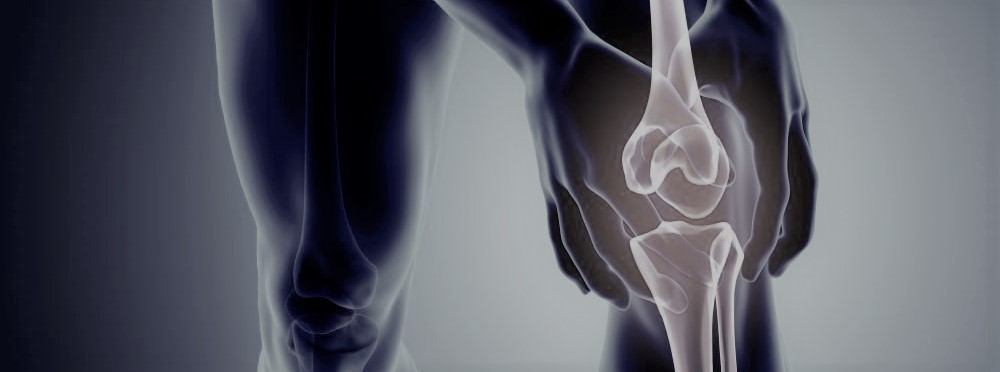09 Mar Knee pains
 Knees can be a common cause of issues in active individuals. They can also be troublesome to treat, much to the frustration of those individuals and their physiotherapist.
Knees can be a common cause of issues in active individuals. They can also be troublesome to treat, much to the frustration of those individuals and their physiotherapist.
Discounting arthritis there tend to be 3 main groups of knee issues.
- Ligament injuries. These require large forces like falls or major twists. The most common is the medial ligament (MCL). You can also injure the lateral ligament, the posterior cruciate (PCL) or the anterior cruciate (ACL – see earlier blog)
- Meniscal injuries. These usually require a forceful weight bearing rotation force. In the younger population many of these will need to progress to surgery.
- Overload injuries. These include patellofemoral and patella tendon issues. I will discuss these further below.
Overload injuries often don’t start with a specific incident, though you may be doing some specific activity when you first notice them.
Osgood Schlatters disease (OS): This is pain felt at the front of the knee with activity that typically happens to very active children as they go through growth spurts. It may be considered growing pains by some, but this can become very limiting.
To allow our bones to grow they have regions that are more cartilage than bone. This makes these regions relatively weaker compared to the surrounding tissues. During growth spurts the bones tend to grow quicker than some of the surrounding muscles and tendons. This can result in a loss of flexibility. Add to this physical activity and the muscles start pulling on this weak region irritating it. This leads to pain and often bony swelling in the region. Running and jumping activities which use the quads muscle pull on this area causing pain and limited function.
The last thing these active children want to do is stop their activity. However, they need to limit their activity to give it an opportunity to settle or else it will just continue to be painful and limiting. Eventually the growth region will harden and the problem will go away. This unfortunately may take a few years. In the mean time advice on how much activity is OK, and a management program from a physiotherapist will hopefully keep them in their sport.
Patella tendon injuries (often called jumpers knees): Bones, muscles and tendons are all adaptable. This allows us to grow and become stronger. If we stress the tissue it should adapt, grow, and become stronger. However, if the tissue continually gets stressed without letting it recover in between time it starts to break down. This results in it becoming weaker, and painful if it is loaded too much.
The most important thing about recovering from these injuries is that it will take time and rest isn’t the answer. If you just rest it will settle and become less painful but as it is now weak when you return to activity it won’t tolerate the load and flare up again. This leads to much frustration for the athlete.
What is needed is twofold. 1 – activity needs to be controlled, not stopped. This is to give it the opportunity to start coping with what you need to do day to day. 2 – It needs to be loaded (strengthened) in a controlled way. By getting it stronger it can then cope with the demands you ask of it. This is where it takes time. Often the strengthening needs to be done over a period of 3-6 months.
Patello-femoral pain: As your knee bends your patella (kneecap) glides back and forth over your knee joint. If how you move, your anatomy, or some weakness in the region results in the patella being pulled slightly unevenly your patella can becomes irritated and painful. Typically this results in pain at certain knee positions, commonly stepping up or down.
Unfortunately like all the above issues these can take some time to resolve. The causes of the problem need to be addressed so there will be some strengthening and other movement exercises undertaken. Activity may need to be modified to allow the pain to settle sufficiently to do this. Returning to activity too quickly will just cause a flare up. A slow increase in activity level as you improve your movement is needed for a successful outcome.


Sorry, the comment form is closed at this time.